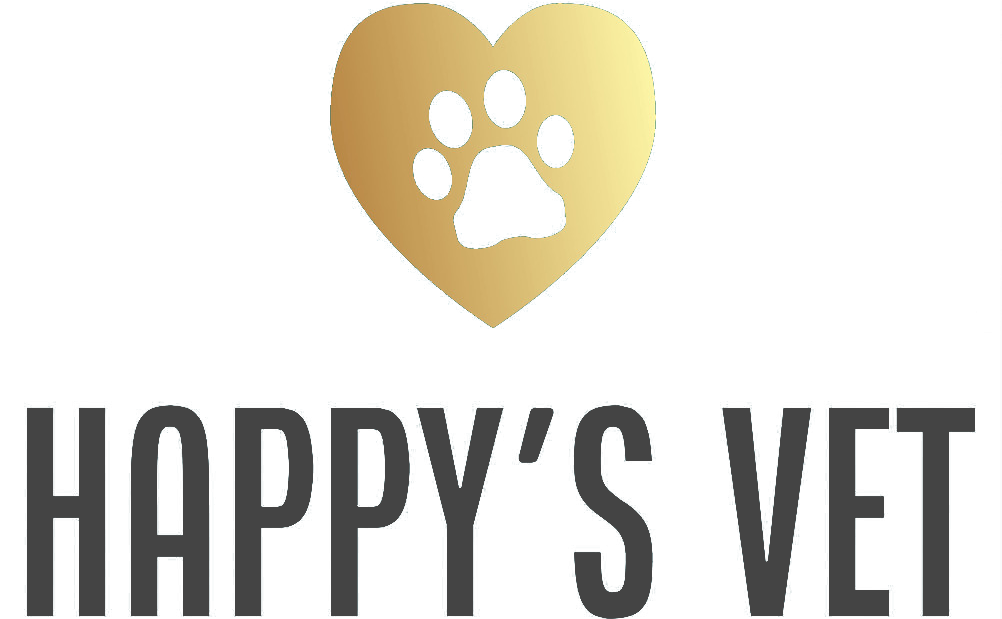Ceftriaxone
What is ceftriaxone?
 Ceftriaxone is a cephalosporin antibiotic used to treat certain serious, susceptible bacterial infections in cats, dogs, rabbits, and other animals.
Ceftriaxone is a cephalosporin antibiotic used to treat certain serious, susceptible bacterial infections in cats, dogs, rabbits, and other animals.
It is used off label (extra label) in veterinary medicine. Many drugs are commonly prescribed for off-label use in veterinary medicine. “Off label” means the drug is being used in a way that has not been reviewed or approved by the U.S. Food and Drug Administration (FDA) or Health Canada. In these instances, follow your veterinarian’s directions and cautions carefully, as they may be significantly different from those on the label.
How do I give my pet ceftriaxone?
Ceftriaxone comes in an injectable form.
- Injections are given intravenously (into the vein), intramuscularly (into the muscle), or subcutaneously (under the skin).
- Dispose of used needles in a designated sharps container.
- Give this medication exactly as prescribed and directed by your veterinarian.
This medication should start to take effect within a few hours; however, outward effects may not be immediately noticeable.
What if I miss giving my pet the medication?
If you miss a dose, give it as soon as you remember, and then continue with the regular dosing schedule. If it is almost time for the next dose, skip the missed dose and resume the regular dosing schedule. Do not give the pet two doses at once.
Are there any potential side effects?
Ceftriaxone may cause the following side effects:
- Diarrhea, upset stomach
- Pain, mild swelling at injection site
Serious adverse reactions may occur. If any of the following signs develop, stop giving ceftriaxone and contact your veterinarian immediately:
- An allergic reaction such as irregular breathing, rash, fever, puffiness and swelling around the face
Drug sensitivities can develop over time with repeated exposure. Your pet may have no reaction after the first few doses, but may develop a sensitivity later. It is important to watch for signs of an allergic reaction over the entire course of treatment.
Other side effects may occur. If you notice anything unusual, contact your veterinarian immediately. This short-acting medication should stop working within 24 hours, although effects may last longer in pets with kidney and/or liver disease.
Are there any risk factors for this medication?
DO NOT USE this medication in:
- Animals who are allergic to any component of the medication, other cephalosporins, or other similar drugs (e.g. penicillin)
USE WITH CAUTION in animals who:
- Have kidney disease
- Have severe liver disease
Are there any drug interactions I should be aware of?
Several medications should be used with caution when given with ceftriaxone, including:
- Aminoglycosides (e.g., amikacin, gentamicin)
- Calcium salts
- Potentially nephrotoxic drugs (e.g., amphotericin B)
Be sure to tell your veterinarian about any medications (including vitamins, supplements, or herbal therapies) that your pet is taking before starting any new treatment.
Is any monitoring needed with this medication?
- Your veterinarian will let you know when and how they want to reassess your pet to ensure the medication is working and not causing side effects.
- At home, monitor for any side effects such as those noted above. If any occur, stop using the medication and contact your veterinarian.
How do I store ceftriaxone?
- Store powder protected from light at 68°F-77°F (20°C to 25°C).
- After reconstitution, follow specific product label directions for storage conditions and discard times.
- Keep medication out of reach of children and pets.
What should I do in case of emergency?
If you suspect an overdose or an adverse reaction to the medication, call your veterinary office immediately. If they are not available, follow their directions in contacting an emergency facility. Be prepared to provide information about the product and your pet's weight and symptoms.
© Copyright 2025 LifeLearn Inc. Used and/or modified with permission under license. This content written by LifeLearn Animal Health (LifeLearn Inc.) is licensed to this practice for the personal use of our clients. Any copying, printing or further distribution is prohibited without the express written consent of LifeLearn. This content does not contain all available information for any referenced medications and has not been reviewed by the FDA Center for Veterinary Medicine, or Health Canada Veterinary Drugs Directorate. This content may help answer commonly asked questions, but is not a substitute for medical advice, or a proper consultation and/or clinical examination of your pet by a veterinarian. Please contact your veterinarian if you have any questions or concerns about your pet’s health. Last updated on Jun 27, 2025.


